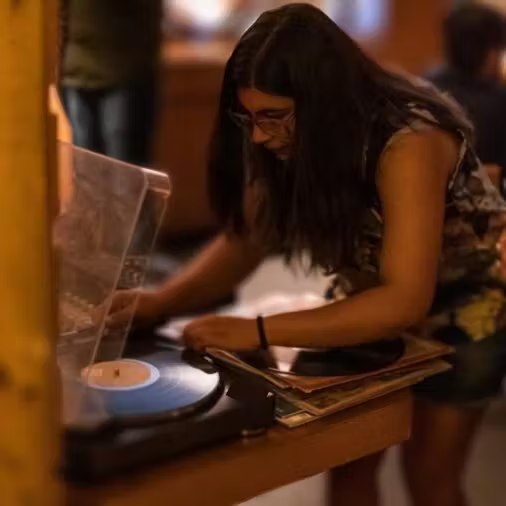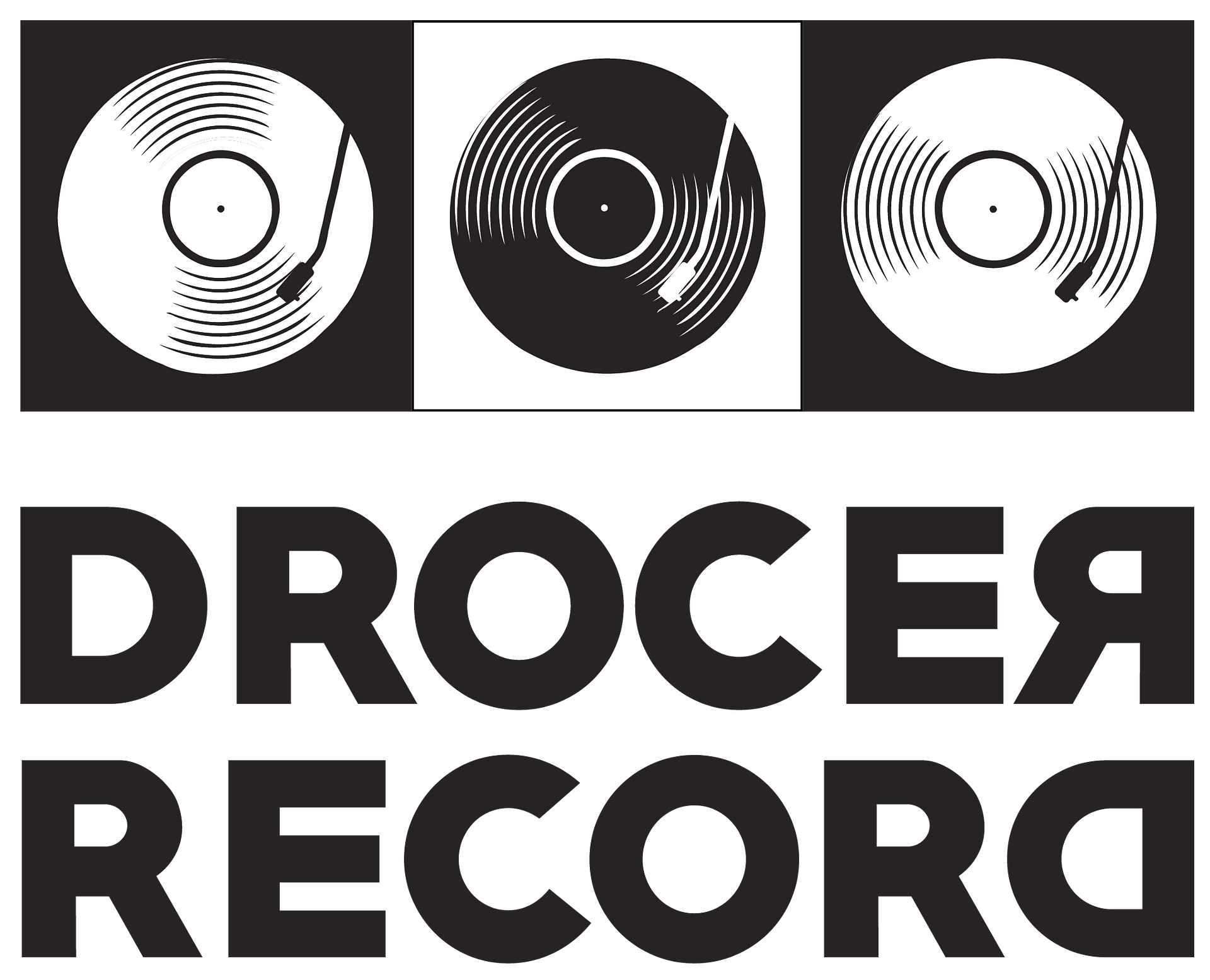By Reva Thakkar
At the heart of rap is the Black American experience, which these artists have spent years diligently documenting. The history of hip-hop is the chronicle of contemporary America as told by individuals who are frequently the most marginalized, from the rough Compton streets that gave birth to N.W.A. to the distinctive Southern culture explored by musicians like Ludacris and Lil Wayne to Kendrick Lamar’s “Alright” that became a rallying cry at Black Lives Matter demonstrations.
The following 20 songs are MUST listens if one wants to get into rap. The best part about Hip-hop is that it covers all the bases, whether you’re seeking music to get you through a workout, throwbacks to dance to, or songs that help you better understand the world around you. Even though it’s impossible to fully convey this music’s depth of creativity and cultural significance, this list of some of the greatest hip-hop songs will give you an excellent place to start.
“Juicy,” by The Notorious B.I.G.
A dramatic and personal song with a distinctly Brooklyn origin narrative that eventually went global, “Juicy” introduces listeners to The Notorious B.I.G. in just a single verse.
Biggie’s rags-to-riches tale ended tragically following a shooting that cost his life in 1997, although his popularity continued – he topped all-time charts well into the 2010s.
“Sock It 2 Me,” by Missy Elliott ft. Da Brat
“Sock It 2 Me,” one of Missy Elliott’s signature cosmic songs, contributed to the Virginia producer’s and composer’s solo success.
Missy displays her talent for creating catchy melodies and earworm hooks over triumphant horns from the Delfonics’ “Ready or Not Here I Come”. The totally cool and absurd sci-fi music video deserves special mention.
“Alright,” by Kendrick Lamar
Kendrick Lamar’s “Alright”, dubbed the “unofficial anthem of the Black Lives Matter Movement”, is upbeat and comforting while not avoiding the sordid past of Black persecution in the United States.
It is a song that commemorates celebrations and vigils. It is played in jam-packed stadiums, from car speakers to iPods, and it is certain to be the soundtrack to many future revolutions.
“Ms. Jackson,” by OutKast
A sobering and honest reflection on love, motherhood, and the fallout of tumultuous relationships.
This song was partially inspired by André 3000 and Erykah Badu’s split. As a result of the song’s success and Grammy win for Best Rap Performance by a Duo or Group, OutKast became one of the biggest acts in the world.
“A Milli,” by Lil Wayne
An Olympic feat of a rap song that sounds like Lil Wayne hardly takes a breath, by distilling the finest of his renowned mid-2000s mixtape run.
With Wayne switching flows and delivery at will, “A Milli,” which has received double platinum certification, is like a rap decathlon.
“U.N.I.T.Y.,” by Queen Latifah
Queen Latifah’s song “U.N.I.T.Y.” called attention to toxic male conduct that has gone unchecked for far too long in hip-hop, fighting back against the widespread misogyny in the genre. The song, which was pioneering thematically and one of the most rousing songs of the ’90s, made Queen Latifah the first female rapper to win the Grammy for Best Rap Solo Performance in 1995.
“C.R.E.A.M. (Cash Rules Everything Around Me),” by Wu-Tang Clan
“C.R.E.A.M.” put Staten Island on the rap map, and Wu-Tang Clan caught the ears of eager fans throughout the nation. Method Man certainly had no idea he’d change the course of hip-hop history when he first rapped “Cash rules everything around me, CREAM / Get the money, dollar dollar bill y’all.”
The RZA beat, which was already ancient in 1993, has been sampled and freestyled over a number of times.
“Dear Mama,” by 2Pac
On the heartfelt “Dear Mama” from 1995’s Me Against the World, 2Pac describes his occasionally tumultuous but always loving bond with his mother.
This song gained cultural significance when the Library of Congress added it to the National Recording Registry in 2009.
“My Name Is,” by Eminem
Eminem’s explosive and captivating qualities were encapsulated in this debut hit.
Pitch-black humor, tremendous technological prowess, and more celebrity references than a grocery shop tabloid were all crammed into four and a half minutes.
“The Heart Part 5” by Kendrick Lamar
We are introduced to ‘Oklama’, Kendrick’s most recent alias, in this song. There are several conspiracies about the name, one of them being that it is a pun on Barack Obama.
Similar to his second album, “To Pimp A Butterfly,” which was released when Obama was in the White House, Lamar’s comeback takes a political stance.
Lamar took home Grammy awards in three rap categories for “The Heart Part 5” and its album: Mr. Morale & the Big Steppers in 2023.
“U Don’t Know,” by Jay-Z
This song portrays Jay-Z at his most confident, gazing out of the rooftop window at everything he conquered and the grim fate he dodged leaving Brooklyn’s Marcy Projects.
It also happens to be one of the best songs by Jay-Z to hear live.
“Grindin’,” by Clipse
Before Clipse, several rappers had discussed drug selling, but none had ever done so in such detail. The brothers that made up the group, Pusha and Malice, were incredibly creative in how they portrayed trafficking in Virginia Beach, laying the groundwork for a highly praised career.
One of Pharrell’s best compositions still features the instrumental, nonstop percussion that could be readily imitated on a school cafeteria table.
“Fight the Power,” by Public Enemy
Public Enemy’s “Fight the Power,” has served as a call to action for many generations in the struggle against injustice. Chuck D refers to the underappreciated civil rights figures who have contributed significantly to the battle for freedom but have received little appropriate acknowledgement.
The soundtrack to “Fight the Power” is still appropriate more than 30 years after its debut.
“See You Again,” by Tyler, the Creator ft. Kali Uchis
Tyler, the Creator has proven himself to be a great musical auteur as well as a proficient rapper with this luscious, velvety love ballad.
Tyler uses warm, enveloping synths, a regal trumpet, and heavy drums to create a vivid, euphoric vision of his romantic desire. It’s easy to understand why it was his first solo single to achieve platinum status.
“Lemonade,” by Gucci Mane
Gucci Mane had a dozen musical careers before becoming an Atlanta icon. Still, his performance on 2009’s “Lemonade,” a joyous and peculiar homage to yellow diamonds, may have been his highest point.
Gucci, who is known for his creative writing, conjures a Seussian world in which everything, including his watch, automobile, and Polo slippers, shines as bright as the sun.
“Paper Planes,” by M.I.A.
M.I.A., a British-Tamil artist with a history of radical activity in her family, disregarded expectations on her route to becoming a cultural icon. She wrote “Paper Planes” in response to her frustration with the excessive paperwork involved in obtaining an American visa.
The song parodies the unfounded prejudices that many Americans have about immigrants by using dark humor.
“Forgot About Dre,” by Dr. Dre ft. Eminem
At the turn of 2000, Dr. Dre surged back with the assistance of Eminem, putting his detractors to rest and creating a new commercial hegemony in the post-gangsta rap era.
The album’s title track, “Forgot About Dre,” serves as a reminder of Dre’s significant contribution to hip-hop history. On the track, Eminem is at his most explosive while spitting loudly absurdist threats.
“The Ghetto,” by Too $hort
Though Too $hort is best known for rapping about sex work and Bay Area pimp culture, he showed that he was also a keen observer of the suffering and misery around him with emotionally stirring songs like “The Ghetto.”
This song perfectly portrays the frustration and anxiety of living in poverty. It is as brutal as it gets, touching on issues like drug addiction, cyclical violence, and government apathy.
“N.Y. State of Mind,” by Nas
Nas is one of the most talented historians New York has ever produced. Since releasing his landmark album Illmatic at the age of 20, Nas has demonstrated a profound knowledge of his hometown.
Gritty and compelling, “N.Y. State of Mind,” tells tales of perilous shootouts, personalities from the street, and long evenings spent hustler.
“Ghetto Gospel,” by 2Pac
According to the “Ghetto Gospel,” adherents like Tupac Shakur strive for spiritual restoration and deliverance while also admitting that their behaviours might not meet the criteria for doing so.
And it is implied that his lifestyle is more a reflection of the “ghetto” environment in which he was raised than of his genuine character.
Don’t worry, you won’t have to search for each song individually & listen. We’ve done it for you! Here’s a combined playlist – go get your rap on. Beginner’s Guide to Rap

An Electronics Engineer & A MBA in Marketing Graduate, Kinjal Gosar is a passionate audiophile herself. Starting her career at India’s biggest Consumer Electronics Retail Chain, her technical knowledge is amazing. Classic Rock has been a huge part of her life and her love for Music has always been evident in all her work. A vinyl collector herself, she loves spreading the joy of analouge while giving nothing but the best to her fellow vinylheads.





